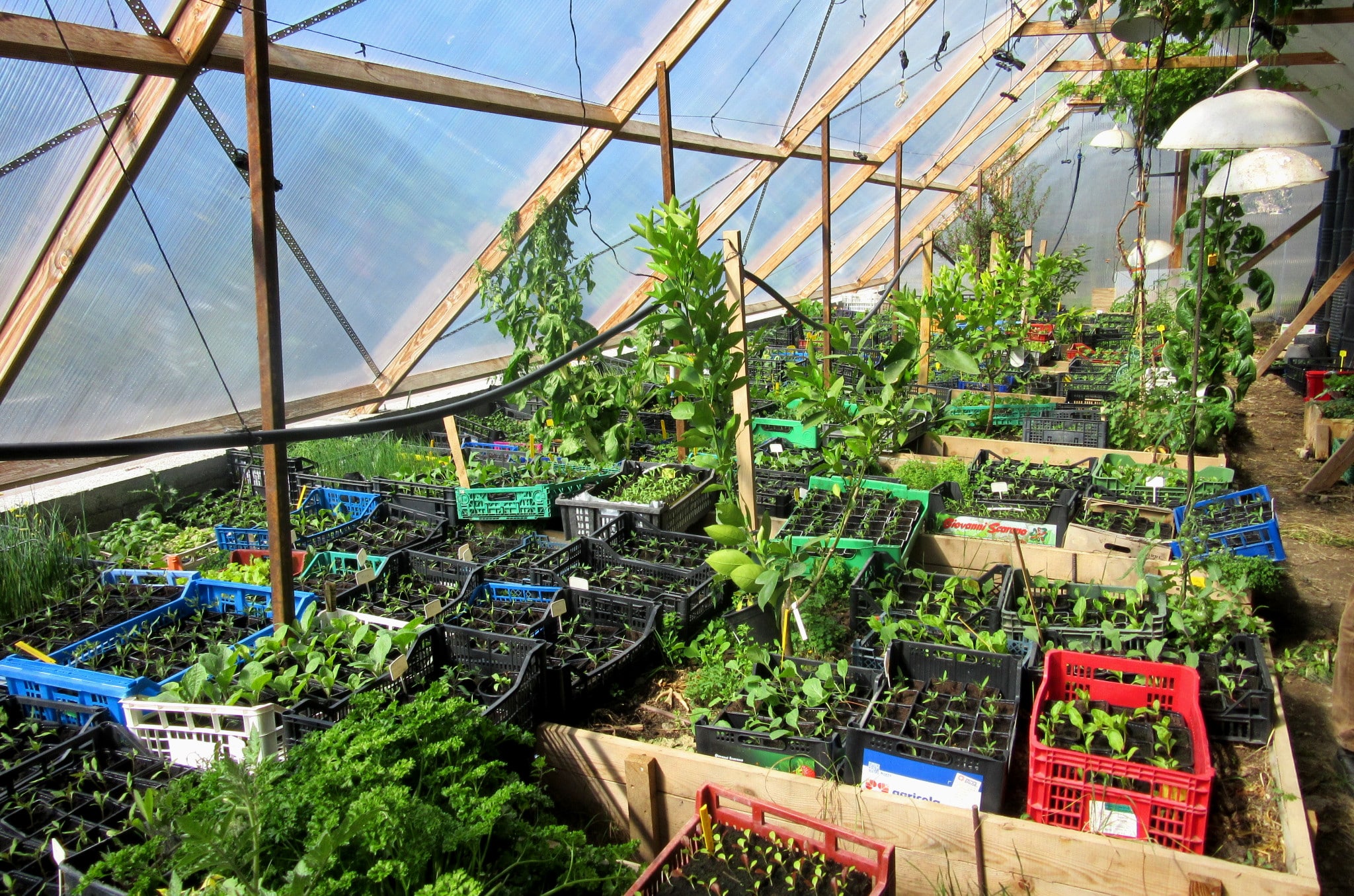Passive solar energy and sustainable agriculture
Bioclimatic greenhouses are an energy-efficient and relevant production tool for small and medium-sized farms in the south of France. Geres supports pilot projects.
Context and challenges
Climate change is putting significant pressure on the agricultural sector: producers must both secure their crops, manage their energy consumption, and adapt to new environmental constraints, such as reducing greenhouse gas emissions. Heated greenhouse production is particularly energy-intensive and leads to a heavy reliance on fossil fuels, which is costly for vegetable growers.
In the Provence-Alpes-Côte d’Azur region, agriculture faces difficult conditions: harsh climate, shrinking available land, urbanization, and dependence on mass-market distribution channels that threaten the sustainability of local farms.
Many farmers committed to sustainable practices are actively seeking long-term solutions to make their activity viable, adapt to climate change, and reduce their dependence on large-scale distribution systems.
Since 1986, Geres has supported farmers in Central Asia by developing and promoting bioclimatic greenhouses to help them cope with cold climates and lack of energy access. Since 2015, we have built on this experience, drawing from our own expertise and that of our local partners — GRAB (Organic Agriculture Research Group) and the consultancy Agrithermic, which specializes in bioclimatic solutions — to design and promote models adapted to the Provence-Alpes-Côte d’Azur region.
Built using simple techniques, prioritizing locally available materials, and relying solely on solar energy — with no need for photovoltaic equipment — bioclimatic greenhouses offer excellent thermal performance, enabling good yields even under challenging weather conditions. They represent a low-energy, productive tool that is highly relevant for today’s agricultural operations.

Objectives and solutions
By promoting the installation of bioclimatic greenhouses among local farmers, the project aims to provide concrete solutions to:
- Diversify and secure agricultural production by adapting farming systems to climate change;
- Increase farmers’ income by extending the growing season and reducing energy costs;
- Support the establishment or continuation of farming activities in remote areas (e.g., mountainous zones) and develop short supply chains.
BENEFICIARIES
- 8 farmers and 1 association equipped with bioclimatic greenhouses
- 2 local authorities supported
- 100 farmers and agricultural advisors made aware of the approach
- 10 institutional stakeholders engaged
- 1,000 consumers supplied through short supply chains (e.g., direct sales at markets, on-farm sales, or produce boxes)
Watch the project videos
Partners
Financial partners
Technical partners
WOULD YOU LIKE TO TAKE ACTION
AND SUPPORT WHAT WE DO?
Tell us who you are and find your means of action.
